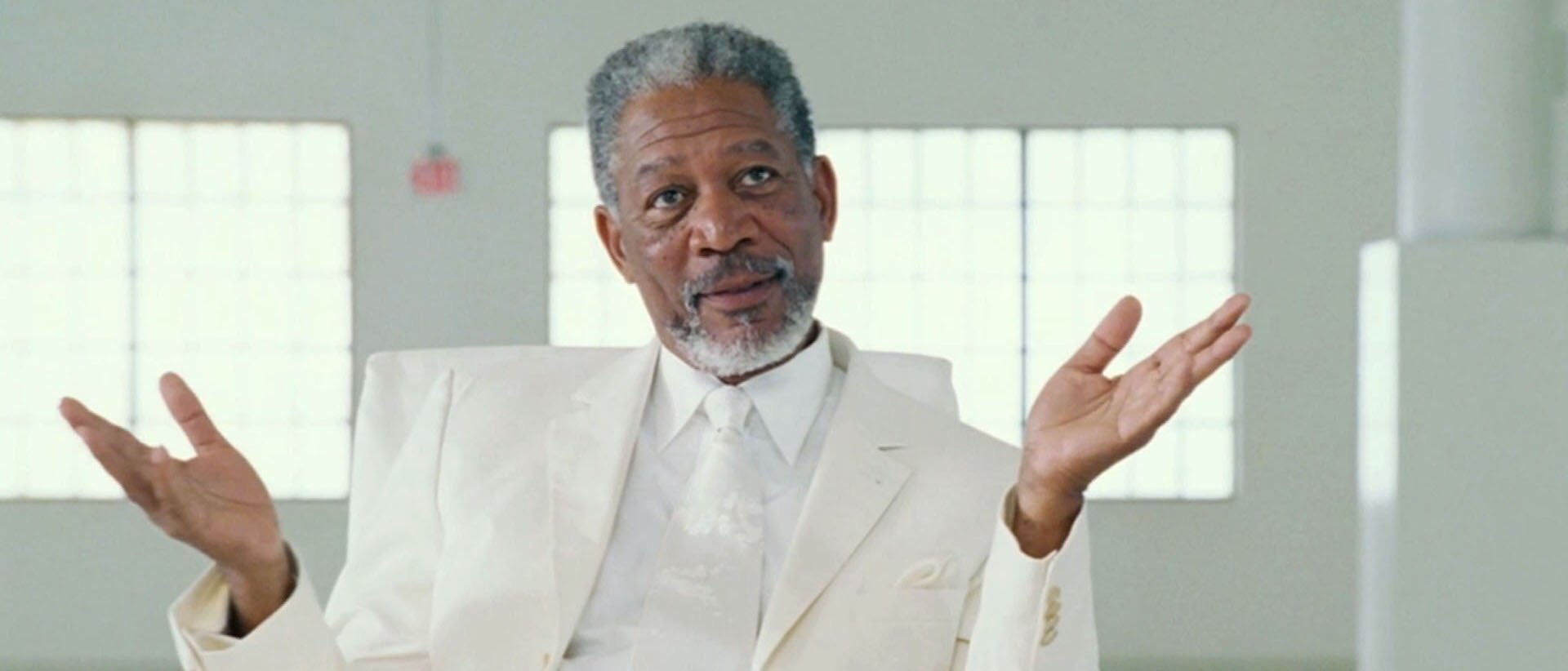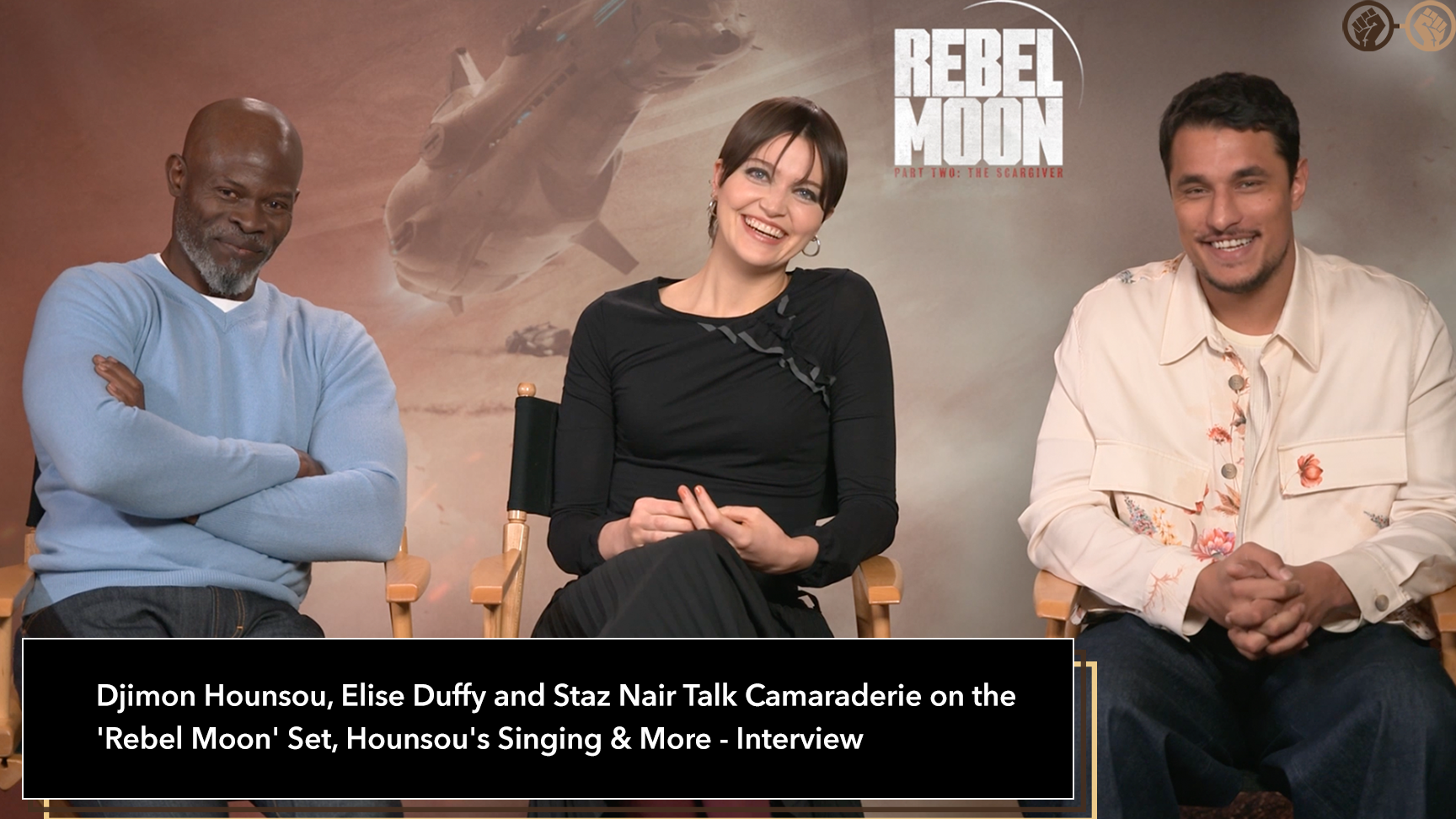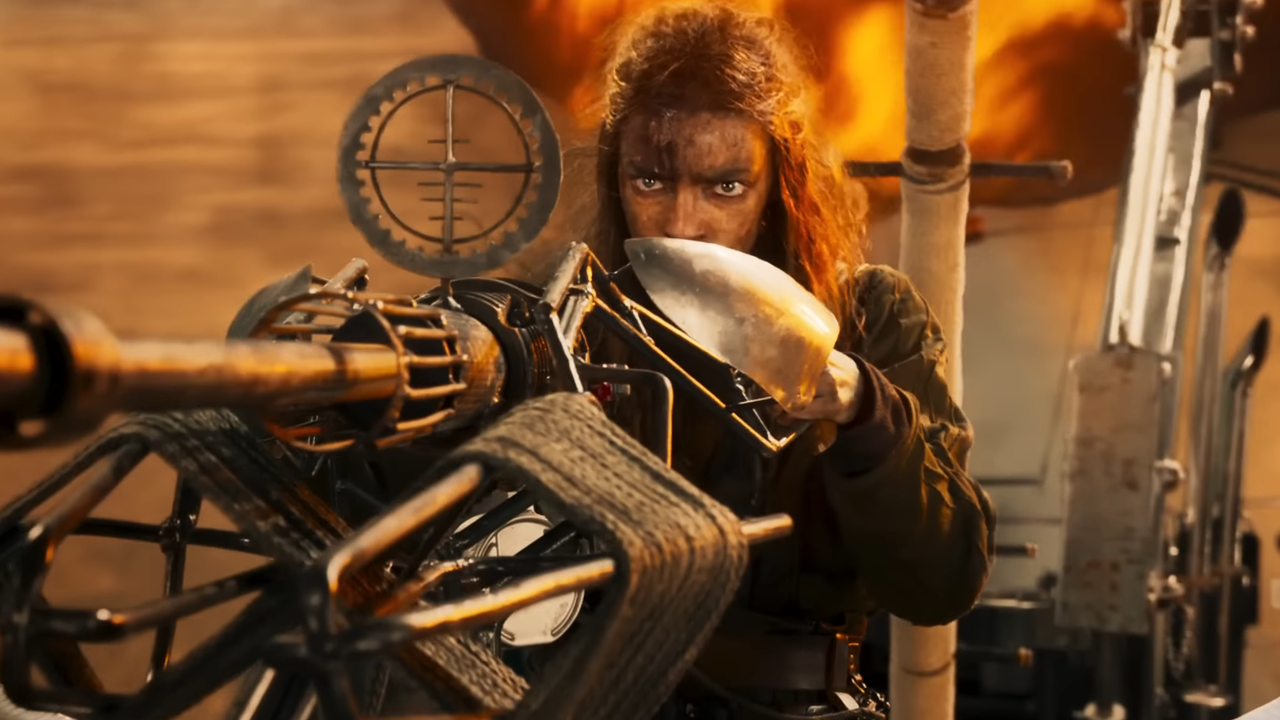Amidst current racial tensions, it would be remiss of us not to speak on how much of that is present in the media we consume. Sure, writers and producers are making a conscious effort to bring awareness to racism, oppression and police brutality. But there is a more subtle and insidious shape of racism that plagues movies, television, and literature.
The term “Magical Negro” was popularized by filmmaker Spike Lee, who said in 2001 he was frustrated that executives were continuing to employ the stereotype, naming and shaming The Green Mile (1990). “Magical Negro” is a black character whose sole purpose is to help the white protagonist(s). They may be old/poor and possess deep spiritual wisdom, and sometimes, actual supernatural powers. Though I see a slight progress in moving away from this trope, it is still most often in science fiction and fantasy works.
Below I have listed a few of my favorite examples of the Magical Negro trope:

1. Almost Every Morgan Freeman Role: Most notably the Bruce/Evan Almighty films, Freeman plays God, who is literally magical, and assist the selfish white main characters in finding wisdom. In Batman Begins, he plays Lucius Fox, a gadget genius, who has hit a career dead-end in Wayne Enterprises. Nevertheless, he still happily agrees to give Bruce Wayne the gear he needs to become Batman, no questions asked.

2. The Green Mile: John Coffey played by the late Michael Clarke Duncan) is probably the textbook definition of the “Magical Negro” trope. Coffey is on death row for “killing” two white girls but possesses enormous otherworldly powers. While in jail he performs numerous miracles (curing the main character’s bladder infection, cures the warden’s wife of her brain cancer and bringing Mr. Jingles, the mouse, back to life.) Nevertheless, in the end, Coffey, tired of suffering from the heightened awareness of the world’s evils and aware of his lowly position as a poor black man, asks to go through with the execution. Coffey thanks his jailers who have not questioned his guilt or have done anything to help him get out of jail or even convince him to try.

3. The Vampire Diaries: This example is my favorite out of the three. Witches on the show are predominantly black, and most black characters are witches. Witches are the most powerful supernatural characters shown yet they are subservient to the white characters. Throughout the show, we are made to understand that most magic is done selflessly for the benefit of white characters. One of the main characters of the show, Bonnie Bennett, is arguably one of the most powerful characters in The Vampire Diaries universe yet her plot lines are rarely taken out of the context of being a witch. Like the other black witches, she selflessly aids the white characters in the show. Furthermore, Bonnie is used as a vehicle for plot development and white character growth. Bonnie’s relationships with love interests and even friends, often use her as a pawn and attempt to use Bonnie for her magic to fuel their own personal vendettas (revenge on a vampire, saving Elena (ugh), becoming an Anchor for the Other Side and having to endure the pain of every supernatural death, etc.). Bonnie’s dynamic reinforces the master-slave dynamic in this way; while Bonnie is powerful, the purpose of her magic is to serve the white characters. Bonnie’s character also poses another common theme in white Hollywood which is romanticizing black trauma. But we will save that for another time.

4. Beautiful Creatures: Even though this movie was a flop at the box office (the book series was much better), Viola Davis plays a literal magical negro in this film. In the film, she serves as a librarian, a seer, and caregiver of the main character, a white male. Not only is her whole focus in the film and the book is to solve the problems of the white characters, but there is no expansion of her character or any further discussion about her goals. She is simply there to make the white character’s lives easier, which ultimately leads to her demise.
“The Magical Negro” is like the happy slave, glad to sacrifice themselves, their happiness, their time, something of value to them, to help the white character. They are not just a racial stereotype, he or she is also a specific plot device; this character is dropped into the stories to help the protagonist along, and the story is often successful because of this device. Being culturally aware has allowed me to point out the half-ass attempts at diversity and call for better. This is not just an explanation of the what the Magical Negro is but a call to action to the entertainment industry to do more. Black and other POC characters are more than plot devices and deserve real storylines. Do the writers realize what they are doing or are they simply close-minded in their definition of what diversity really means? I’m here to tell you that having one or two black characters in the show that are used in the character development of their white counterparts is nothing but an all too real reflection of the current racial climate. In real life, black people are constantly being used and overshadowed by our white peers, which is a hard reality we face almost every day, and it is something we see reflected in the television/film we watch.
Too often, the narratives of black people are portrayed through a white lens, fiction or not. Therefore we need black, Asian, Native American, Hispanic, etc. voices at the table. When white filmmakers or writers cast black actors as angels or other supernatural beings, they are free to displace the realities of African-American history into more viewer-friendly narratives. I challenge the entertainment industry to revisit their definition of diversity. Moving into this new year, I am hopeful that we will see changes and better content will soon follow.






Leave a Reply